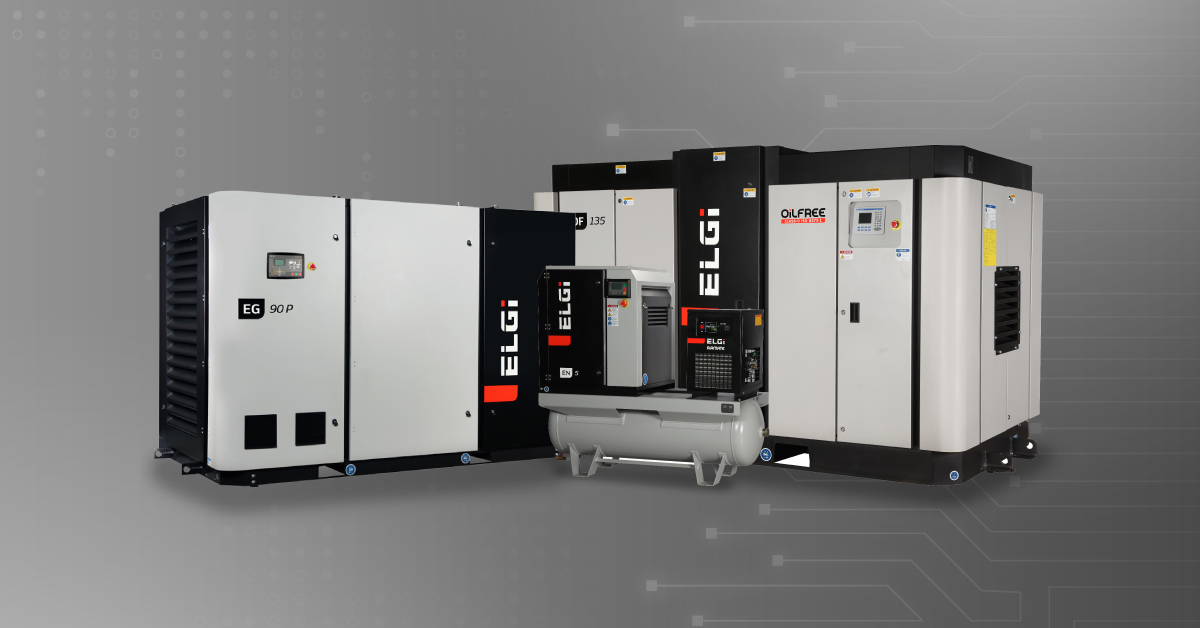What factors should you consider when purchasing a new air compressor for your facility?

Efficiency: Understanding the specific air requirements and selecting the right type and size of the compressor ensures that it operates optimally, delivering the required air pressure and flow rate efficiently. An appropriately sized and efficient compressor will lower energy consumption and reduce operational costs.
Energy Consumption: Compressors can be significant consumers of energy in industrial settings. By considering the power source (electric or diesel) and looking for energy-saving features like variable-speed drives, you can choose a compressor that minimizes energy usage and lowers utility costs.
Maintenance Cost: Compressor maintenance is essential to ensure longevity and efficiency. You can budget for regular servicing and avoid unexpected expenses by inquiring about the maintenance requirements and costs. Choosing a compressor with easy access to components and readily available spare parts can also reduce maintenance costs in the long run.
Life Cycle Cost: The life cycle cost considers the initial purchase cost and the operating, maintenance, and repair costs over the compressor's entire lifespan. Considering all these aspects helps you make a more informed decision about the total cost of ownership and identify the most cost-effective option.
Safety and Compliance: Understanding the compressor's noise levels and safety features ensures that it meets local regulations and workplace safety standards. Complying with safety guidelines protects the well-being of employees and minimizes the risk of accidents.
Integration and Compatibility: Asking about integration with existing systems is vital to avoid potential issues with equipment compatibility. A compressor that seamlessly integrates with your current pneumatic systems saves time and effort during setup and reduces the chances of operational problems.
Long-Term Planning: By gathering all relevant information and considering factors such as energy efficiency and maintenance costs, you can plan for the long term. Investing in a reliable, durable, and energy-efficient compressor means fewer disruptions, improved productivity, and cost savings over time.
In summary, asking these questions helps you make a well-informed decision that aligns with your facility's specific needs and objectives. It ensures that the chosen compressor is capable of meeting air supply demands and is cost-effective, energy-efficient, and compliant with safety standards. By addressing these considerations upfront, you can avoid potential issues and optimize the performance of your industrial air compressor throughout its operational life.

